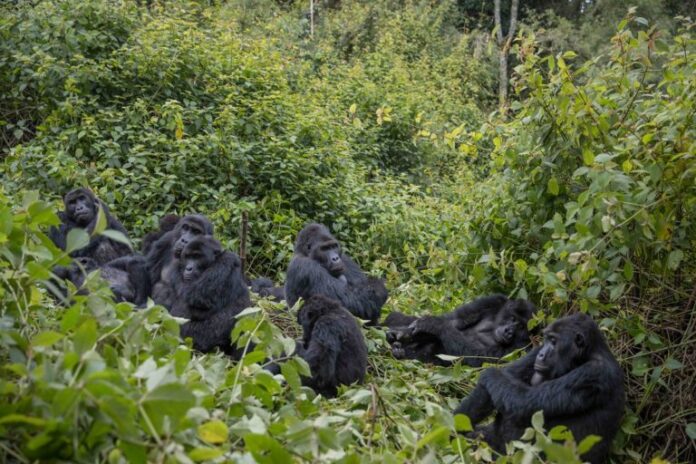Comoros has benefited from the Abu Dhabi Fund for Development, (ADFD), which has financed 78 healthcare projects in 16 countries with a total value of AED4.1 billion.
Al Maarouf Hospital in Comoros The project aims to provide specialised healthcare services to improve and elevate living standards in the Comoros. The project will include the rehabilitation of buildings at the Al Maarouf Hospital, as well as the supply and installation of medical equipment for the operations, recovery and birth departments.
In addition maternity and children’s hospital in Yemen Encompassing maintenance, construction and electrical works, this project aims to revamp the Maternity and Children’s Hospital in Hadhramaut through boosting its capacity with 150 additional beds, and the provision of necessary medical supplies and equipment.
The Fund’s interest in healthcare projects reflects its keenness to support international efforts aimed at achieving the UN’s Sustainable Development Goals, directly contributing to Goal Three – Good Health and Wellbeing.
According to an ADFD report, issued to mark World Health Day that annually falls on 7th April, the Fund views the health sector as one of its priorities given its significant impact on people’s lives. The sector is also the most efficient in elevating living standards and empowering citizens to actively participate in the development process.
Mohammed Saif Al Suwaidi, Director General of ADFD, said, “Most developing countries lack the resources to meet their development needs, especially in the health sector due to rapidly rising costs, leaving large swathes of the population without access to essential services. This explains ADFD’s keenness in developing the health sector through launching comprehensive projects that enhance the social stability of the population and upgrade the level of healthcare available, especially in high-density regions”.
He added, “The nature of the projects financed by the Fund in the health sector in developing countries ranges from the construction of hospitals, integrated and specialised health centres, as well as social development and early childhood centres to the provision of state-of-the-art equipment and facility upgrades.”
To date, ADFD has backed 18 health programme in collaboration with local institutions and international organisations, successfully providing vital supplies of vaccines and drugs to eradicate infectious diseases. ADFD has funded multiple vital healthcare projects, notable include: Sheikh Zayed Hospital in Mauritania.
To support Mauritania’s healthcare sector, ADFD funded Sheikh Zayed Hospital in Nouakchott Valley in 1995. Providing quality medical care in line with international standards, the 185-bed hospital that spans an area of 3,000 square metres has significantly improved the provision of health services in the country.
Queen Rania Hospital for Children in Jordan ADFD funded the Queen Rania Children’s Hospital, which provides state-of-the-art medical and therapeutic services. As the first medical facility dedicated to children in the country, the hospital receives more than 200,000 patients per annum.
Cardiac Centre in Bahrain ADFD contributed AED550 million to the construction of the Mohammed bin Khalifa Specialist Cardiac. It helps in diagnosis and treatment of heart diseases in the country and the wider region, featuring cutting-edge medical equipment and 148 beds, outpatient clinics, radiology, imaging, pharmacy, as well as physiotherapy and emergency departments.
Spanning 44,000 sq m, the centre has significantly stepped-up the capabilities of Bahrain’s health sector.
Sheikh Zayed Hospital in Egypt The 150-bed Sheikh Zayed Hospital in Egypt is one of the most important funded-projects in the health sector. ADFD’s financing provided the latest medical equipment and several medical units including dialysis, intensive care, blood bank, surgeries and other specialised clinics.
Healthcare projects in Turkmenistan The Fund has developed a series of integrated health projects that aim to improve the quality of healthcare services in Turkmenistan. Other notable projects include the establishment of a kidney disease centre, rehabilitation of existing clinics, as well as the construction of specialty hospitals offering 480 beds to treat complicated diseases reduce disabilities and mortality rates among the population.















